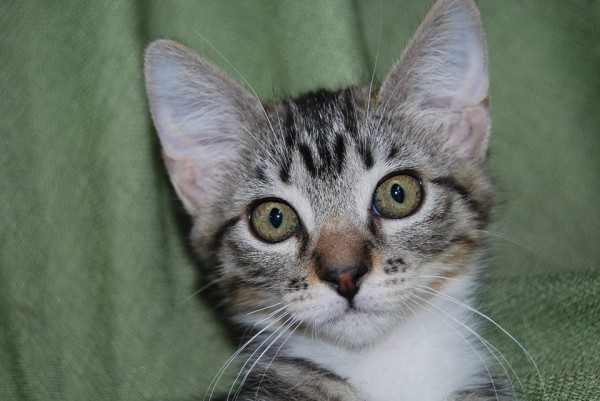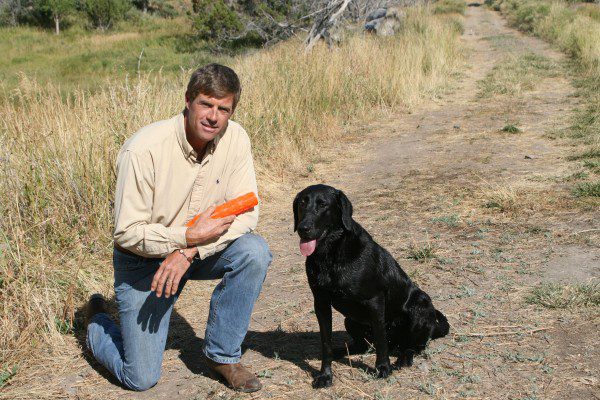
24 Jun Second Chance: Feral Cat Awareness
Dear Pet Column,
I have been watching a feral cat living in my neighborhood. He doesn’t seem to bother anyone, but I would rather he was being taken care of it. Can I trap the cat and bring it to the Second Chance shelter?
Sincerely, Feral Friend
Dear Feral Friend,
Thanks for your concern! I will first state that Second Chance does operate a Feral Cat Program, but that does not involve receiving them at the Shelter. (Feral cats can’t be adopted into homes.) It does involve making sure they are healthy and sterilized. Read on to learn more about how this program works effectively in our area.
Millions of feral cats live nationwide, but only approximately 2% are sterilized. But many communities are beginning to understand that doing nothing, or just trapping and euthanizing them (a short-term, ineffective and costly strategy), amounts to ignoring a community animal issue. So more and more communities are turning to TNR programs, such as the one the Second Chance Humane Society has been operating within San Miguel and Ouray Counties for many years.
The Trap-Neuter-Return (TNR) approach (which involves spaying/neutering, testing, vaccinating, and returning feral cats to their original habitat) is far more humane, successful, and affordable than repeated attempts at extermination and is proven to be the single most successful method of stabilizing and maintaining healthy feral cat colonies, while providing the best life for the animals themselves.
TNR results in stable, non-breeding colonies and ultimately reduces feral cat populations as the altered feral cats prevent additional feral cats from moving in and starting the breeding cycle again. To further the appeal of TNR programs, they virtually eliminate nuisance behaviors associated with breeding cats, such as the yowling of females or the spraying and fighting of toms. Furthermore, through the testing and vaccinating involved in the TNR programs, disease and malnutrition are greatly reduced and the cats live healthy, safe, and peaceful lives in their territories.
Second Chance Humane Society’s Feral Cat Program has been quite effective in reducing feral cat populations within our service area. In fact, we have received minimal referrals to the program in the past year. However, we want to be certain that is because of program results rather than people not educated about the option, so we are grateful you have contacted us. And we do ask anyone aware of feral cats in Ouray or San Miguel Counties to please call us at 626-2273.
Second Chance is also seeking volunteers willing to assist with this program. Setting traps and transporting the cats to local veterinarians takes time yet really makes a difference in the lives of the feral cats. Also volunteers can help through education to create a better level of acceptance of feral cats in the neighborhoods they reside in.
Editor’s note: It’s no secret. The Telluride region is dog heaven. Well, pet heaven. Unless you are one of our furry friends who gets caught in the maw of neglect and abuse. Then heaven is on hold until Second Chance Humane Society comes to the rescue. Second Chance is the region’s nonprofit dedicated to saving animals’ lives and promoting responsible pet parenting and human-animal bond. In her weekly blog, executive director Kelly Goodin profiles at least one, generally two of the many animals now living at the no-kill shelter, Angel Ridge Shelter, a dog and a cat, hoping to find them loving permanent homes. The column is sponsored by Ted Hoff of Cottonwood Ranch & Kennel, who from time to time exercises his skills as a dog whisperer, partnering with Kelly and her staff to help train a particularly challenging animal.
By the by, there is no better place to park your pup than Cottonwood whenever you head out of town (for locals) or are heading to town and staying somewhere that does not allow pets. Consider joining Ted’s Very Important Dog (VID) Club for added benies. (Details on Ted’s website.)
Second Chance Humane Society Animal Resource Center and Thrift Shop are both located in Ridgway, but service San Miguel, Ouray & Montrose Counties. Call the SCHS Helpline at 626-2273 to report a lost pet, learn about adopting a homeless pet, or about the SCHS Spay/Neuter, Volunteer, Feral Cat, or other Programs. View the shelter pets and services online: www.adoptmountainpets.org




Sorry, the comment form is closed at this time.